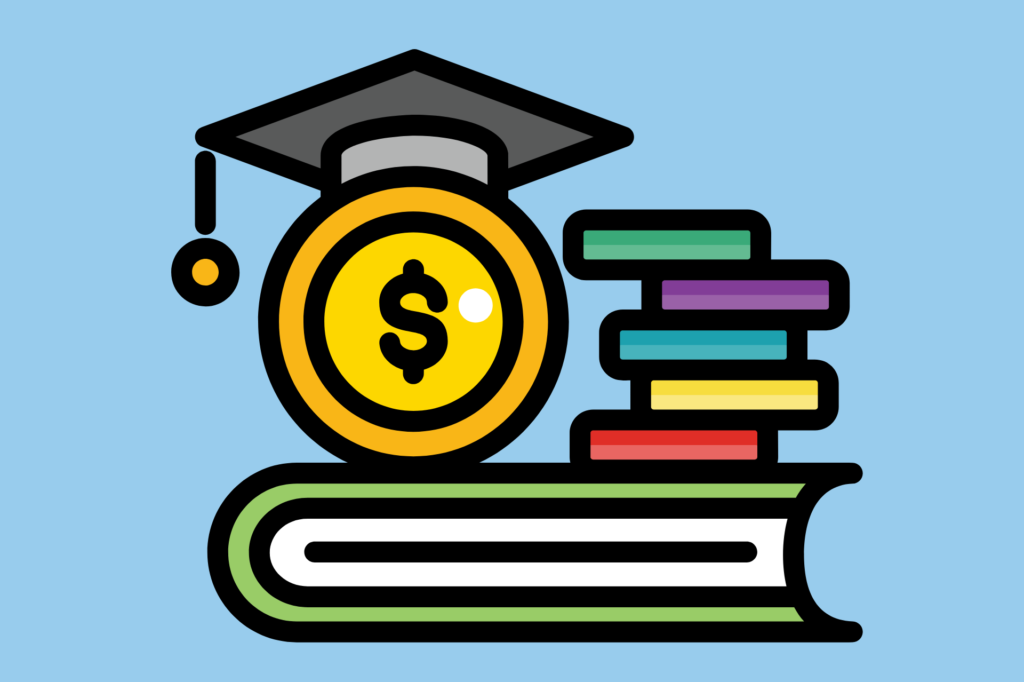Financial literacy is the ability to understand and effectively use various financial skills, including personal financial management, budgeting, and investing. As we navigate a rapidly evolving financial landscape, enhancing your financial literacy has become more important than ever. Whether you’re a student, young professional, or nearing retirement, a solid foundation in money matters empowers you to make informed decisions, avoid debt traps, and plan a stable future.
In this article, we’ll explore practical and simple strategies to improve financial literacy. From tracking expenses to understanding credit scores, these strategies will set you on the path to long-term financial well-being.
“An investment in knowledge pays the best interest.” – Benjamin Franklin
Why Financial Literacy Matters
Financial literacy helps individuals achieve financial stability and independence. It reduces stress, improves decision-making, and allows for better long-term planning. With growing complexity in banking, investment options, and economic conditions, understanding how money works is critical.
Studies have shown that financially literate individuals are more likely to save, invest wisely, and retire comfortably. Conversely, a lack of financial knowledge often leads to poor spending habits, mounting debt, and limited opportunities for financial growth.
Track Your Income and Expenses
The first step in becoming financially literate is understanding where your money is coming from and where it’s going. Tracking your income and expenses gives you a clear picture of your financial habits and identifies areas for improvement.
Use tools like spreadsheets, mobile apps, or even a simple notebook. Popular budgeting apps like Mint or YNAB (You Need a Budget) can simplify this process.
Set SMART Financial Goals
Once you know your spending patterns, set goals that are Specific, Measurable, Achievable, Relevant, and Time-bound (SMART). Whether it’s saving for a house, paying off debt, or building an emergency fund, SMART goals give you direction and motivation.
- Specific: “Save $5,000 for an emergency fund” instead of “Save money”
- Measurable: Track progress with monthly savings targets
- Achievable: Align with your current income and expenses
- Relevant: Match your current financial priorities
- Time-bound: Set a deadline to achieve your goal
Build a Budget and Stick to It
Budgeting is a core pillar of financial literacy. It involves allocating your income to necessities, savings, and discretionary expenses. A well-structured budget prevents overspending and promotes healthy saving habits.
Here’s a simple example of a 50/30/20 budget rule:
| Category | Percentage of Income | Examples |
|---|---|---|
| Needs | 50% | Rent, groceries, utilities, insurance |
| Wants | 30% | Dining out, entertainment, hobbies |
| Savings & Debt Repayment | 20% | Emergency fund, retirement, credit card payments |
Understand Credit and Credit Scores
Credit is a powerful financial tool—but only if used wisely. Understanding how credit works, how interest accumulates, and what affects your credit score is essential to financial literacy.
Your credit score can impact your ability to secure loans, rent an apartment, or even land a job. Regularly check your credit reports and scores using platforms like AnnualCreditReport.com.
Educate Yourself Continuously
Financial literacy is not a one-time effort. Make it a habit to read books, take online courses, or follow trusted financial experts. A few recommended resources include:
- “The Total Money Makeover” by Dave Ramsey
- “Rich Dad Poor Dad” by Robert Kiyosaki
- Investopedia for finance definitions and guides
- Khan Academy’s Personal Finance Courses
Start Saving and Investing Early
Saving is essential, but investing helps your money grow. Begin with an emergency fund, then explore retirement accounts (401(k), IRA), mutual funds, or low-cost index funds. Learn about compound interest—it can turn small savings into substantial wealth over time.
Here’s how compound interest can grow over the years:
| Years | Initial Investment | Annual Interest Rate | Final Amount (Compounded Annually) |
|---|---|---|---|
| 10 | $5,000 | 7% | $9,835 |
| 20 | $5,000 | 7% | $19,337 |
| 30 | $5,000 | 7% | $38,061 |
Use Technology to Your Advantage
Today’s technology makes personal finance easier than ever. Use budgeting apps, investment platforms, and automatic payment systems to manage your money effectively. Tools like Acorns, Robinhood, and Personal Capital help automate and visualize your financial progress.
Seek Professional Advice
If financial planning feels overwhelming, don’t hesitate to consult a certified financial advisor. They can provide tailored advice based on your income, goals, and lifestyle. Look for fiduciaries—professionals who are legally bound to act in your best interest.
Conclusion: Take Control of Your Financial Future
Improving your financial literacy isn’t just about numbers—it’s about empowering yourself to make smart choices and live a more secure life. Start small, stay consistent, and always remain curious about how your money works for you.
FAQs About Financial Literacy
Here are some commonly asked questions to help reinforce your understanding and guide your next steps.
Q1: What is financial literacy, and why is it important?
Financial literacy refers to the knowledge and skills needed to manage personal finances effectively. It helps you budget, save, invest, and avoid debt, which are all critical for long-term financial stability.
Q2: How can I start improving my financial literacy today?
Start by tracking your income and expenses, creating a simple budget, and reading books or blogs on personal finance. Online courses and financial tools can also provide a solid foundation.
Q3: What are some trusted websites to learn more about financial topics?
Some reputable sources include Investopedia, Khan Academy, and government sites like Consumer Financial Protection Bureau (CFPB).
Q5: Is financial literacy only for adults or professionals?
No, financial literacy is important for people of all ages. Teaching children and teens about money early helps them develop responsible habits that last a lifetime.


